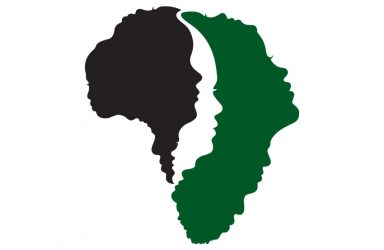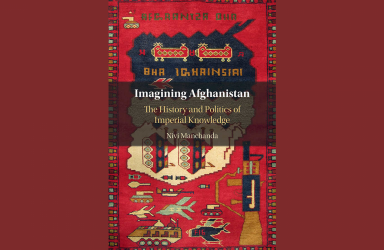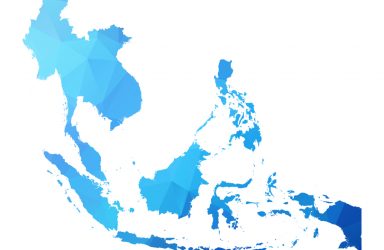Interview – Frances Cruz
Frances Cruz talks about decolonial approaches to IR, as well as the limits of Western-centric framings of the Philippines and Southeast Asia more broadly.
A Decolonial Feminist Analysis of Narratives from Nicaragua and El Salvador
The infra-political and political resistances articulated by migrant women and caregiver grandmothers contribute to the reconfiguration of their identities.
Opinion — Who Is in Charge of Decolonizing Africa?
Africa cannot possibly thrive if it upholds an identity and standards that were precisely created to eliminate African culture and assimilate African peoples into foreign ideals.
Women for Profit – Seeking Asylum in the United States: A Neocolonial Story
Through neoliberal processes, women who seek asylum are subject to exploitation both in their countries of origin and once they reach their destinations.
Opinion – Decolonizing Development Will Take More than Moral Imperative
Making daily, unglamourous investments to build capacity, shift power, and give credit where credit is due may be the only way the mountain of colonization ever moves.
Interview – Matteo Capasso
Matteo Capasso focuses on Libya, its internal governance, economic development, and foreign policy, as well as mistakes made by international institutions.
Decolonising Development: Putting Life at the Centre
Without being able to think about fragility, we cannot think about revolution, and by thinking about revolution, we are already dismantling the resistance to fragility precisely to resist.
Review – Imagining Afghanistan: The History and Politics of Imperial Knowledge
Manchanda’s book, which dissects the imperialism of colonial knowledge cultivation, is an essential read for any knowledge practitioner.
Comparative Regionalism’s Decolonial Turn: A Proposition
Through increased dialogue across various regions, comparative regionalism might evolve from being a field of colonial constructs to becoming a field of pluralistic dialogue.
Caste, Privilege, and Postcolonialism: Reflections on Decolonising the Curriculum
The University will be better equipped to handle cases of caste-discrimination in future when we teach caste as a category to understand marginalisation.












